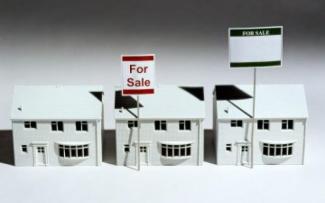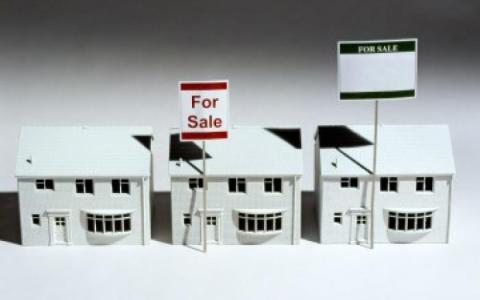
The Pros and Cons of Renting vs. Buying
The most significant contributing factor to the Great Recession in the American economy was the collapse of the housing market. Questionable lending tactics during the early 21st century and dangerous adjustable-rate mortgages (ARMs) led to an economic bubble bursting. Homeowners suddenly were unable to afford mortgage payments that had jumped with rate hikes, and the value of homes plummeted.
As the market has recovered and the economy improved, the Millennial generation is taking its shot at the American dream. For these younger generations, the American dream might look a little different. One of the most important decisions they face is whether to rent or buy when choosing a residence.
The Pros and Cons of Home Ownership
Buying a home is a very liberating and rewarding experience, if not a bit overwhelming at times. Home ownership is financially advantageous, but that doesn't mean it is without pitfalls. The greatest advantage to buying a home is the ability to build equity. When you rent a home, you are giving away your money to the actual homeowner. When you move on from that residence, that money is gone and you'll never see it again.
With equity in a home, you are in possession of a positive financial asset. A portion of your monthly mortgage payment goes toward building up your equity (with the other paying interest on your loan). When the time comes to sell your home, you get that equity back and can reinvest that money in another home.
Another critical advantage to buying a home is taxation. Each year that you make mortgage payments on your home, you are able to deduct the interest portion of your payment from your taxable income, saving you thousands over the course of the year depending upon your mortgage.
On the downside of home ownership, once you buy that home you're locked in. If your employer cuts your hours, slashes your wages, or fires you, you cannot just pull up stakes and move to a less expensive home.
Additionally, there are a number of costs that fall squarely on your shoulders. Repairs, maintenance, property taxes, and even closing costs are often overlooked by those eager to invest in a new home.
The Pros and Cons of Renting
Picking up from that last point, the greatest benefit in renting a home is freedom from excessive costs. When the furnace fails, the AC goes out, or the dishwasher stops working, you need only call the landlord or property manager. They'll arrange for the repairs and the owner of the residence pays for the work.
Additionally, you have the freedom to move on if you don't like the neighborhood, the rent goes up, or you lose your job. You have the flexibility to move out of your apartment or rental home with just one month's notice in most cases. The average apartment rental contract is just one year in length, so it's easy to move around.
That leads directly to the first disadvantage in renting however. That freedom and flexibility to move can also create instability in your life. When you own a home you spend a lot of time personalizing it to meet your lifestyle, which isn't always possible with rentals. You may be unable to paint walls or incorporate other custom features to make your home reflect your style. Even worse, rent could go up, which is out of your control, and you could be forced to move.
If you are renting a home and the homeowner decides to sell, they are entitled to give you a certain amount of notice to move out. Because renters do not have control over the ownership of the property, a great deal of instability comes with renting. Perhaps the biggest downside is the lack of equity.
You spend hundreds, if not thousands each month in housing costs. If you are renting, that money is not working for you in the long run. While a mortgage payment builds equity in a home that you can cash out at a later date (upon sale), and hopefully for a profit, you won't see any money back when you move out of one rental and into another.
The key thing to remember is that the calculation of renting vs. buying is different by market in the United States. It is cheaper and more reasonable to rent in some metropolitan areas, and better to buy in others. Forbes notes that, on the whole in 2014, buying a home was 38% cheaper in the long-term than continuing to rent. Keep all these factors in mind as you make your choice. The choice of whether to rent or buy should be considered carefully. Make the choice that works best for your income, savings, and lifestyle needs, and adjust your choices accordingly as you gain investing power.


